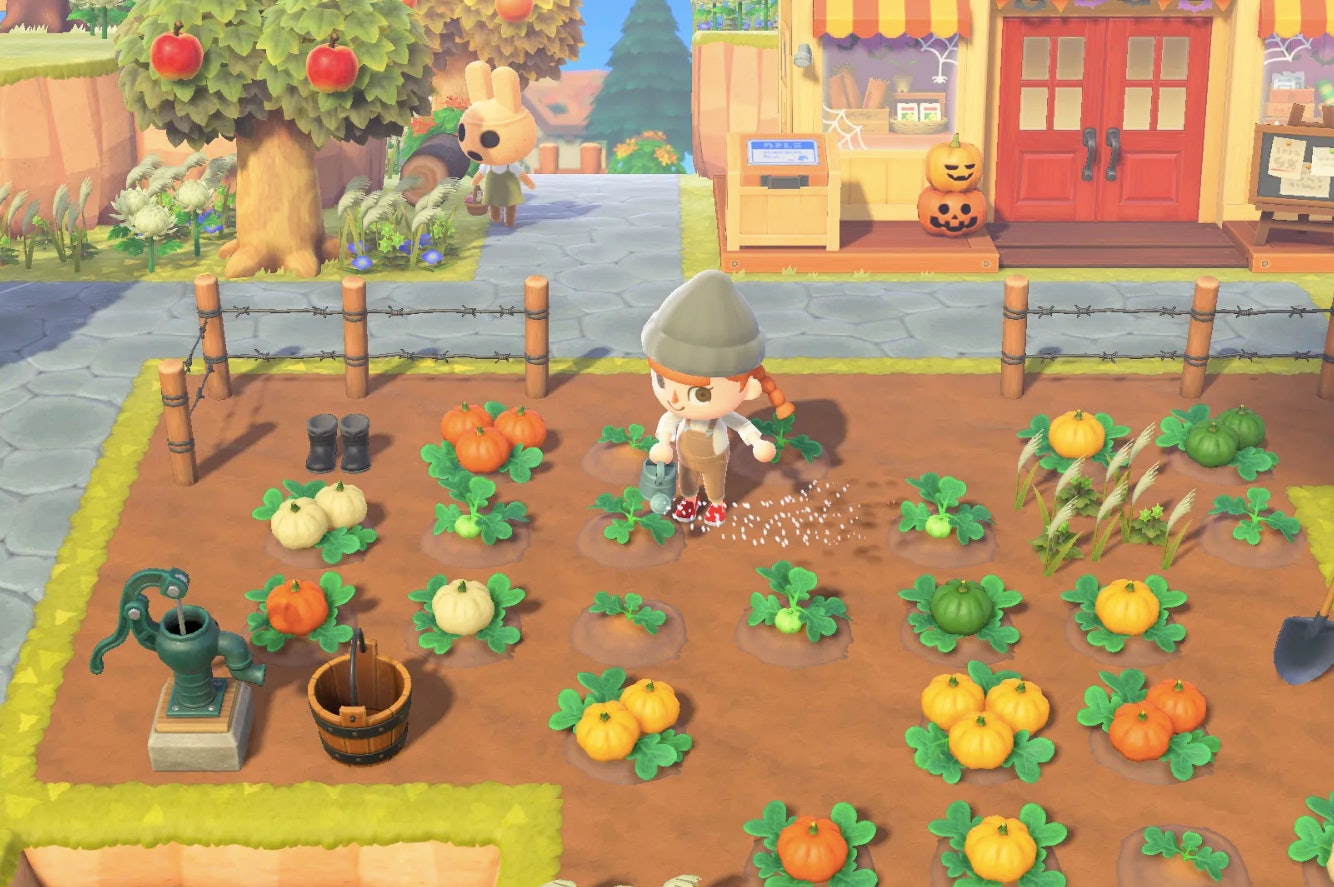
If your favorite cozy game is like a cup of hot chocolate, then in 2023, the genre reached its whipped-cream peak. Google searches for the term have never been higher, and even The New York Times is recommending chill video games like Disney Dreamlight Valley and Alto’s Adventure to soothe your mind and help you unwind once you’re bored of Animal Crossing and Stardew Valley.
The secret to cozy games, however, is that they’re not just relaxing, they’re actually good for your brain. Inverse spoke to several experts to unpack the science of chill gaming and talked to the indie developers pushing the limits of where the genre can go next.
Your Brain on Cozy Games
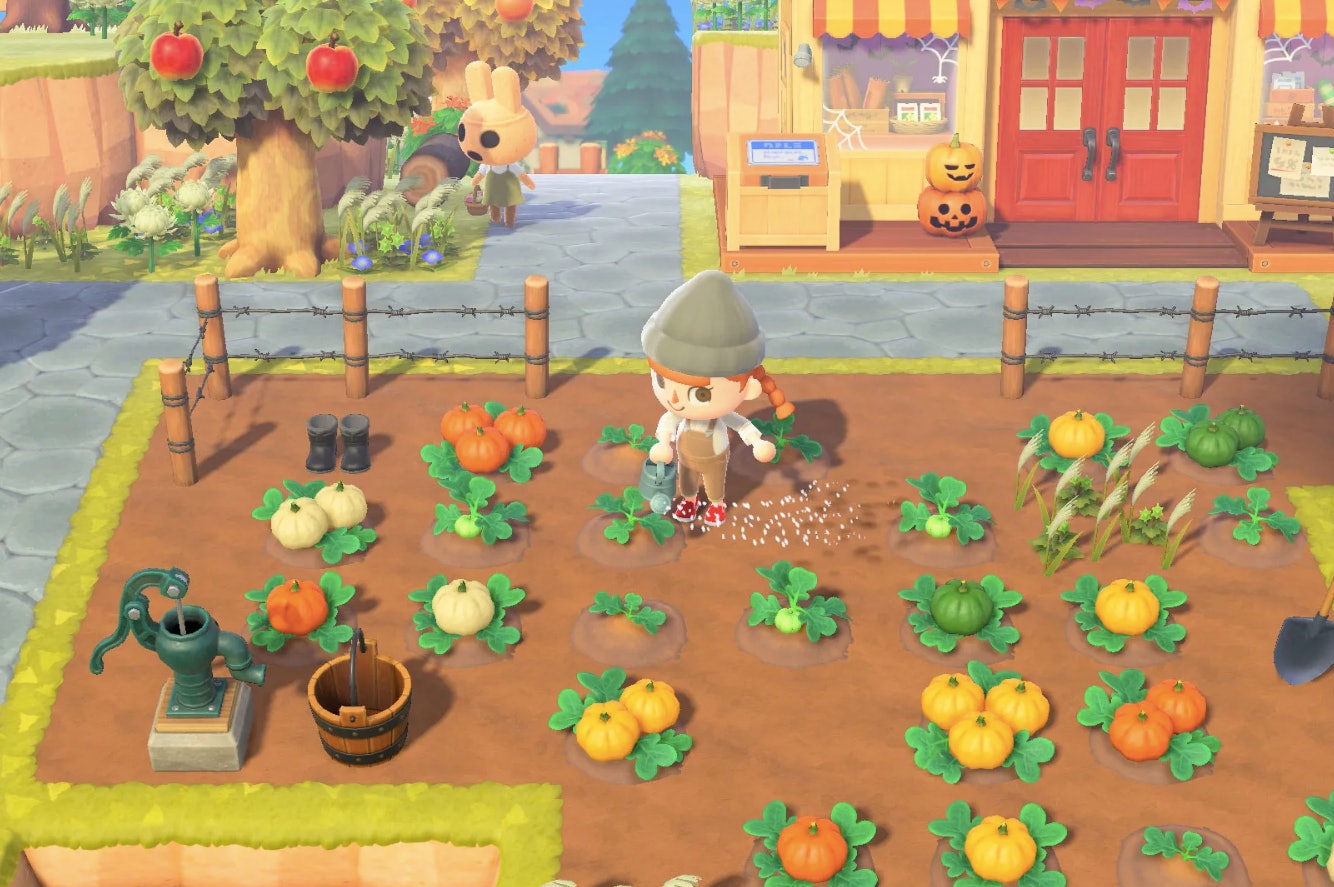
“The good cozy game experience will create waves of [calm] across the brain and body,” says Kurt Squire, a games and education professor at the University of California, Irvine. A comforting game can help regulate your emotions, he tells Inverse, and promote “increased feelings of contentment,” similar to meditation or taking a long walk with a friend.
A 2021 study found that a simple game like Flower, in which you play as the wind blowing through lush fields, is equally as effective at reducing blood pressure and self-reported stress as engaging in a mindfulness meditation session. For your brain, that means less activity in your amygdala, an important zone for sensing danger. You'll also reduce your cortisol levels, which, when they peak, engage your flight-or-fight response.
The recent cozy game boom could be related to this neural response. Farming sim Harvest Moon may have popularized the category back in 1996, but for years, it appealed only to a niche audience. That was before Animal Crossing took over.
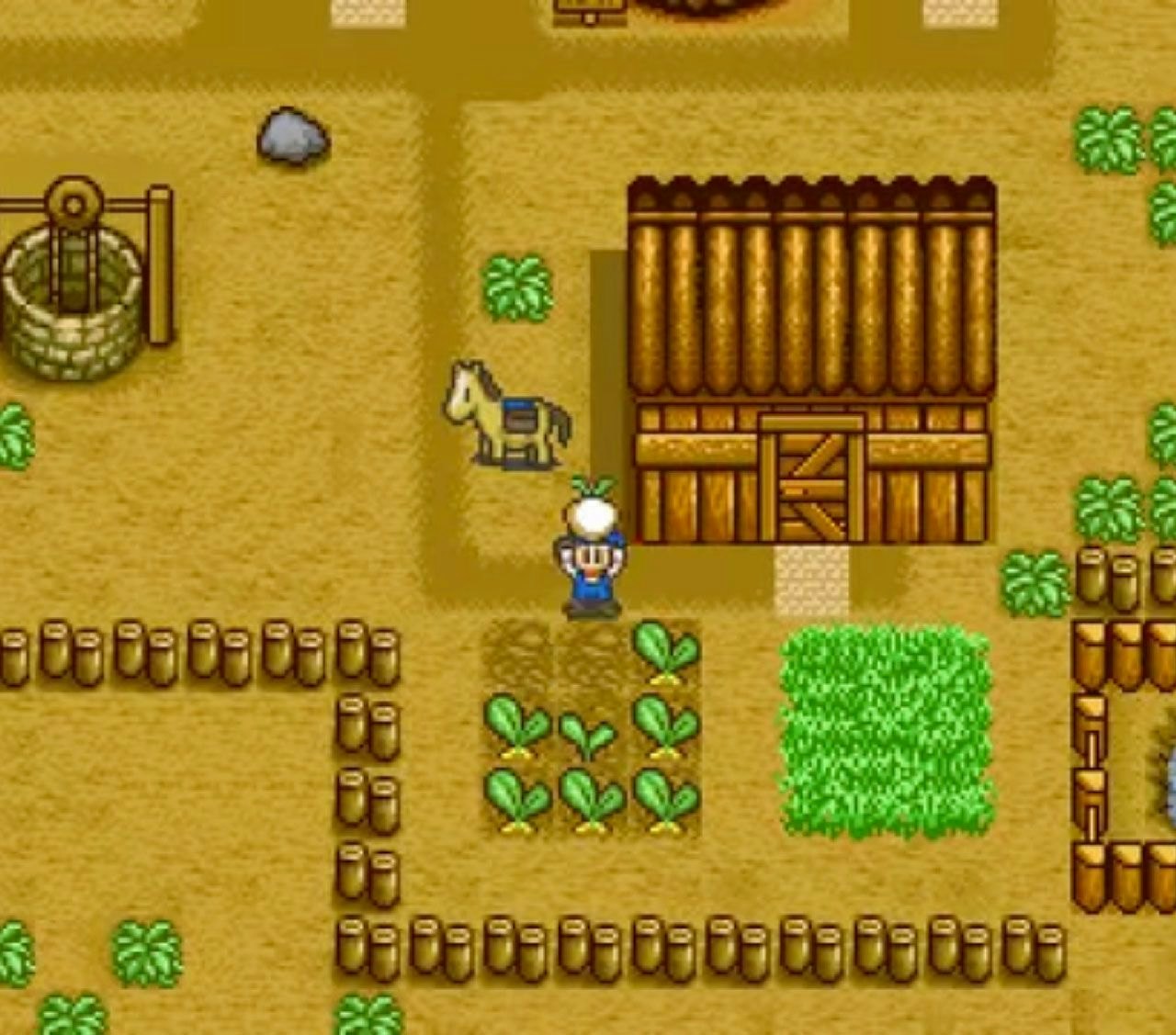
Animal Crossing: New Horizons arrived just as the reality of March 2020. When the real world felt ghostly, its islands provided life-giving green refuge. Since then, the game has sold over 43 million copies (that’s 13 million more than 2020’s Call Of Duty.)
For media studies researcher Dr. Bettina Bódi, the rise of Animal Crossing: New Horizons and other cozy games goes beyond life during shutdown. Instead, it represents our desire for control in an increasingly unpredictable world.
“Cozy games can be read as a direct response to our changing needs in late-capitalist society,” Bódi tells Inverse, “which is characterized by hustle culture, hyperindividualism, disconnection, anxieties about the climate and current affairs, just to name a few things. In this sense, cozy shares a lot with similar internet aesthetics like cute, ambient, or lo-fi.”
But even cozy games have their limits. Squire says the neural benefits of a title like Animal Crossing: New Horizons don’t amount to much if players feel pressured or fatigued to complete the same mindless tasks over and over.
When you first pick up a farming sim, “you’re growing plants, it’s happy,” Squire says. “But at some point, you feel like, ‘Oh, crap, I should log in. The cute little animals are going to miss me.’ And then it gets bad.”
Research suggests playing any game compulsively can harm your mental health. Another recent study says that the more new and diverse experiences you have, the better you’ll feel.
“One of the key research findings is that part of what makes cozy games good for us is having a new experience,” Squire says. Novel experiences are “good for us and good for the brain.”
The Future of Cozy Games
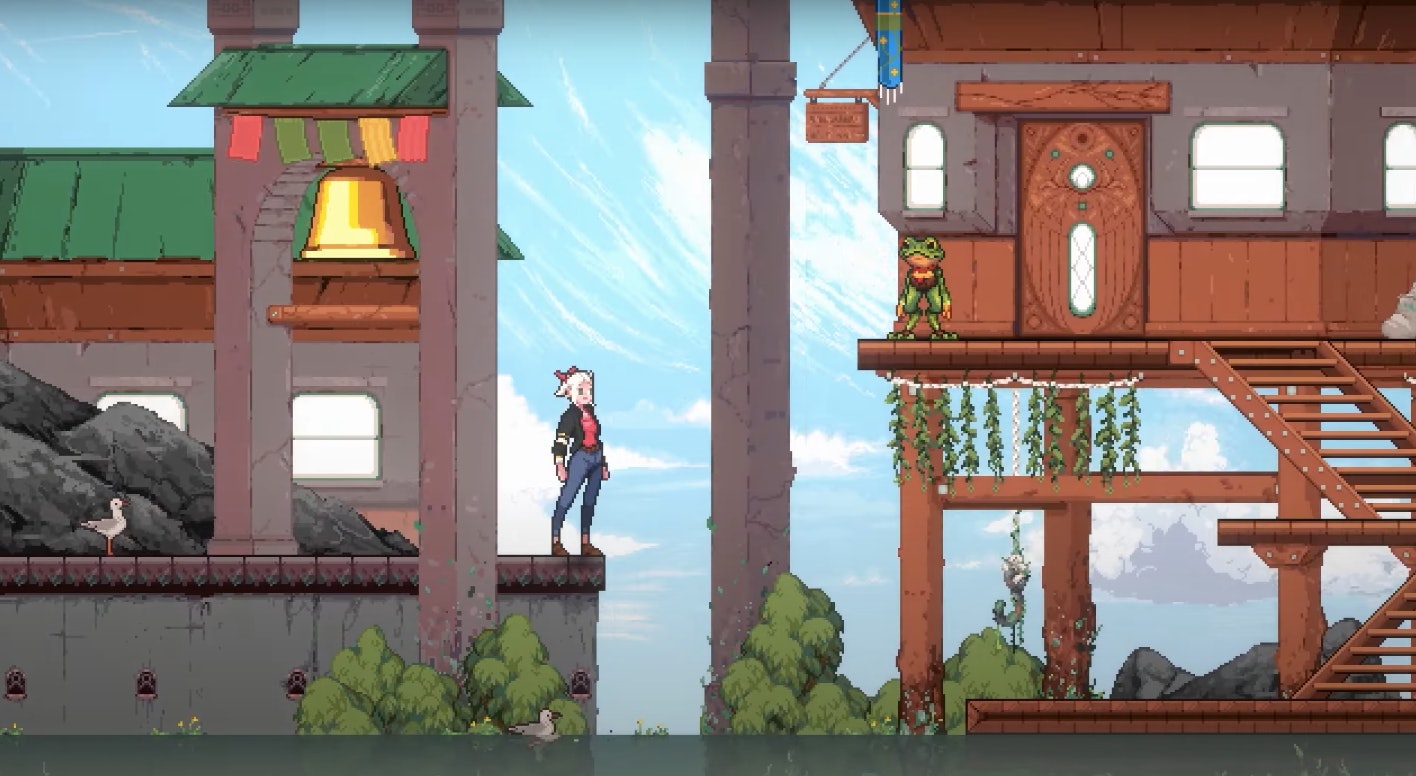
If 2023 was the year cozy games went mainstream, then 2024 may be the year the genre reaches the next step in its evolution.
There’s already plenty of variety in the genre already, but for the most part, your average cozy game relies heavily on repeating the same mind-numbing chores over and over. But a new generation of developers is harnessing the power of cuteness to share deeper narratives within the cozy games framework.
Take Fishbowl, an in-development pink pixel role-playing game in which the protagonist Alo spends a month working from home while uncovering new details about the grandmother she’s still grieving. While Fishbowl is full of your typical brain-soothing chores and minigames, there’s depth hiding just beneath its adorable surface.
“Cuteness is often made out to be insignificant and unimportant, but in reality, it is a great medium to bring people in, tell complex stories, and talk about difficult issues,” Rhea Gupte and Prateek Saxena, the co-founders of Fishbowl studio imissmyfriends tell Inverse via email.
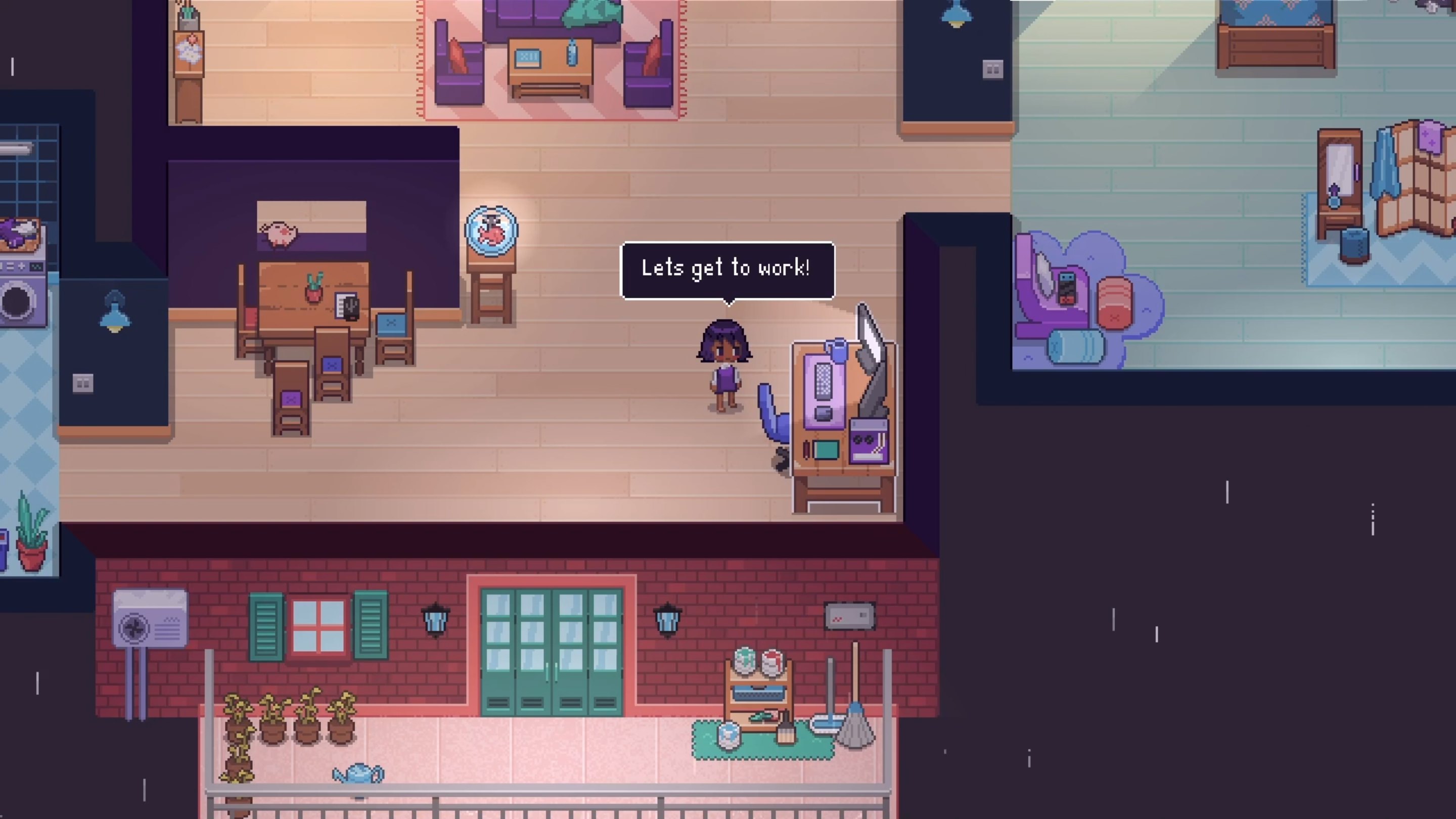
Another upcoming cozy game that looks to break the mold is Hauntii. In the twilight twin-stick adventure, you play as a ghost roaming the afterlife with the ability to haunt creatures and places. But while Hauntii's seed-sized ghosts look dainty enough to disintegrate, gameplay is a complex blend of projectiles and puzzles. Hauntii's developer Leo Dasso tells Inverse that he plans to release the game in early 2024 and notes that early playtesters were surprised by its genre-defying elements.
"I would describe the atmosphere of Hauntii as cozy," Dasso says, "but there are some challenging sections of the game. We put a huge amount of effort into balancing the beginning of the game so it doesn't turn off beginners or non-gamers with frustrating levels of challenge."
Almost three decades after Harvest Moon defined the genre, developer Steven Kaule wants to help cozy games break free from the farm simulator origins. His cooking sim platformer Magical Delicacy (out in 2024) happily folds otherworldly sorcery into more homely, calming activities like leisurely neighborhood exploration and cooking treats in a customizable kitchen. Its pixel-art witches offer elaborate recipes and traversal, and you can upgrade their abilities to better scan the Metroidvania-inspired, collapsing stone bell towers and back alleyways that lead back to your kitchen.
“Top-down farming games are one of those genres I can barely get into anymore,” Kaule tells Inverse, “And new ones are constantly coming out. I wouldn't say developers have to move on from this, but there's room for new game design ideas.”
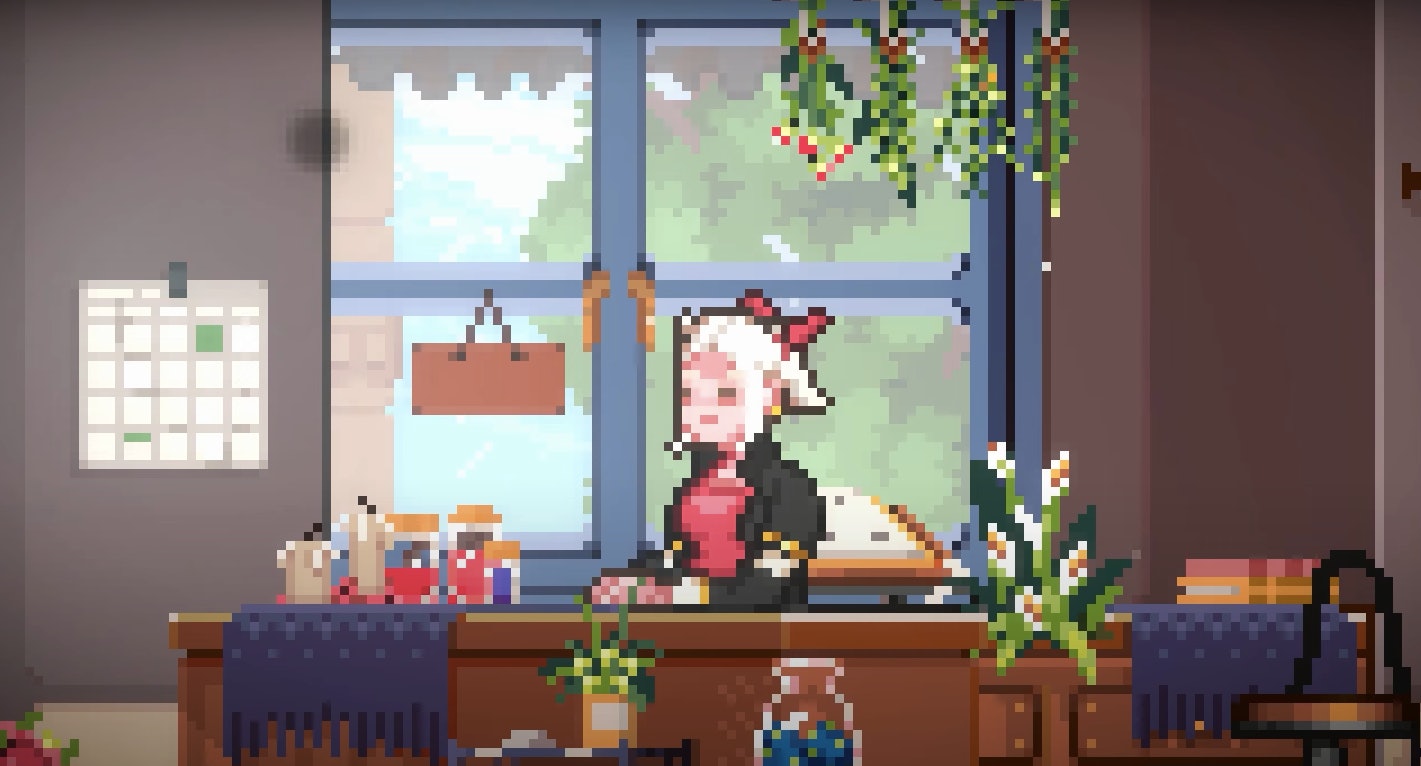
And then there’s Hyper Games, an Oslo-based indie studio currently working on a cozy game of its own based on the popular peanut-shaped Finnish comic character Moomin. Snufkin: Melody of Moominvalley, expected in early 2024, is a lovingly illustrated “storybook-come-to-life” that champions nature and twinkly music (featuring Sigur Ros), which green hat-wearing nonconformist Snufkin plays on his plaintive harmonica.
“Our hunch is that it especially appeals to young adults and a higher-than-average female and non-binary representation,” Hyper Games CEO Are Sundnes tells Inverse. The best cozy games, he adds, “make you feel good and allow you to take a break or deeply immerse yourself in something different — even if you’re being quite mischievous, like parts of our game.”
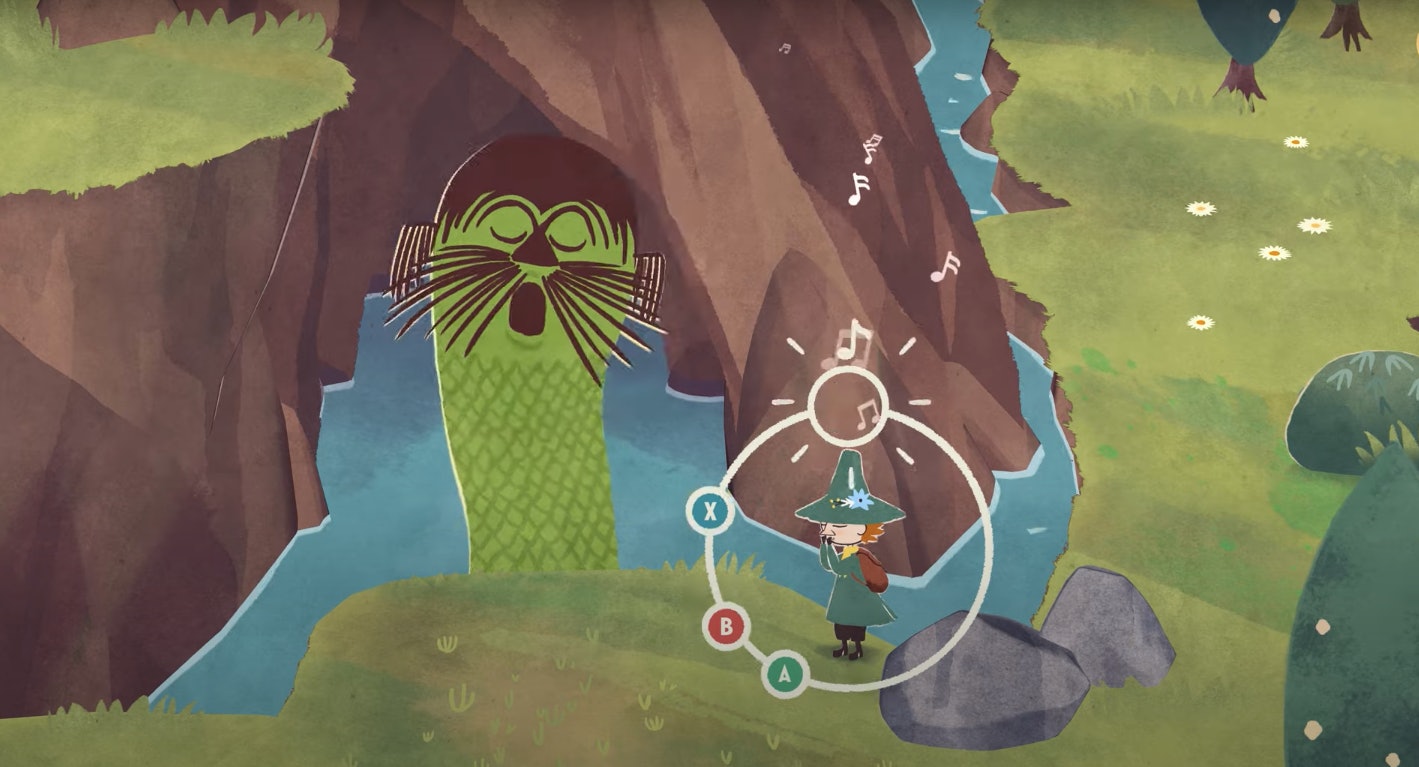
As the genre grows, it can also reach even more players who aren’t being served by current mainstream video games. In 2017, women made up 69 percent of farming sim players and only 7 percent of shooters’ audiences. Since then, the expanding cozy game genre has welcomed an even greater number of nontraditional gamers.
“I've noticed that many underrepresented communities of players, such as women, members of the LGBTQ community, and players with disabilities, are drawn to Magical Delicacy,” Kaule says. “I think that's because the cozy game genre tends to have more diverse characters, tackle unique and relatable storylines, and are approachable in gameplay.”







